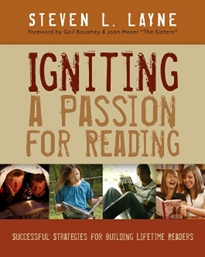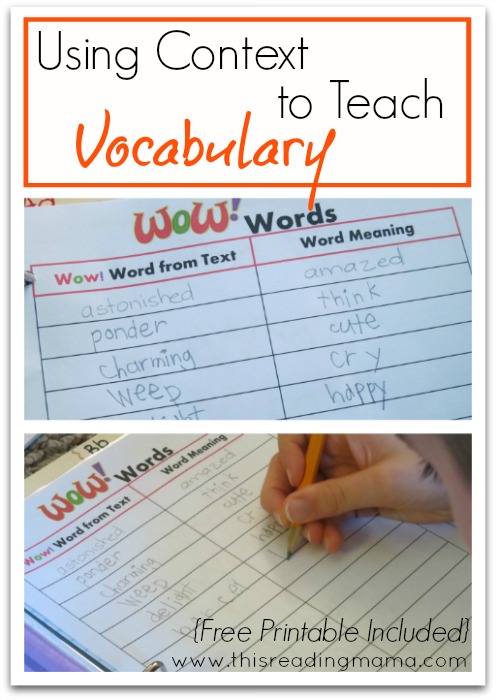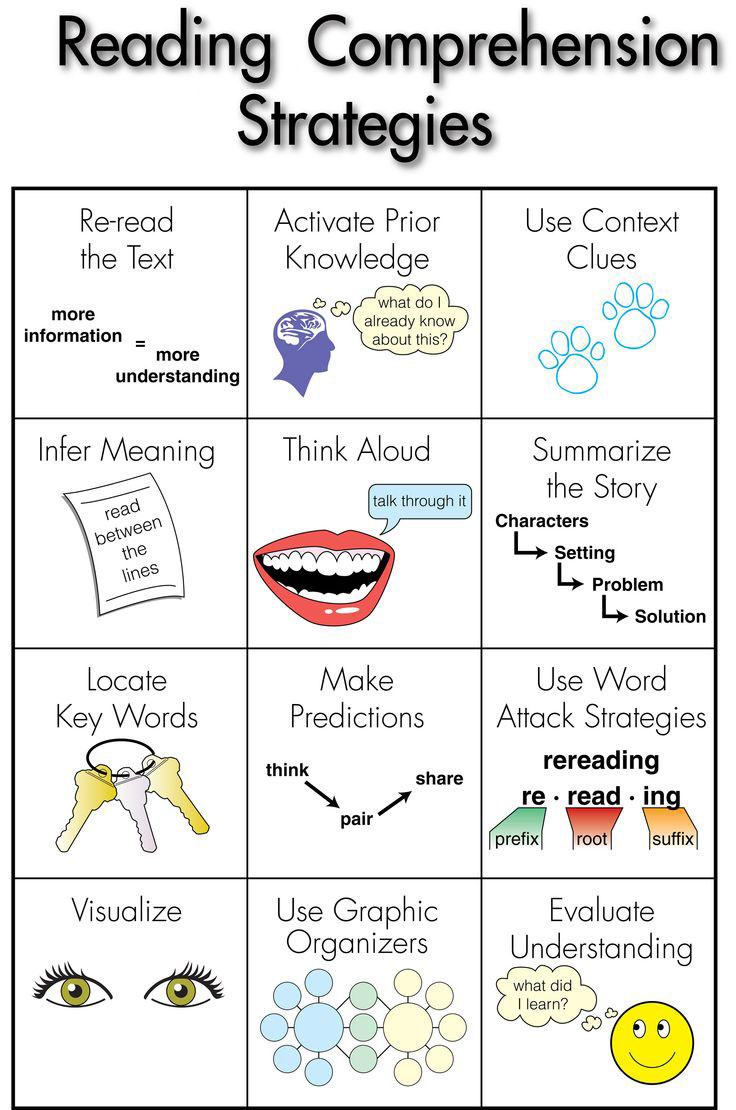I have had many teachers ask about how to help students use their time wisely and have more accountability during Daily 5, specifically the Read to Self option. This fall I worked with two teachers to develop this self-assessment form to help increase accountability. Many teachers have also shared some great ideas for reading response logs that have helped their students. Please share an idea that you have used to help with accountability during Daily 5.
Thursday, January 30, 2014
Tuesday, January 28, 2014
Find the Right App. . .
This site was shared at our District In-service last Friday. It is a great place to find the right technology tool to support the learning you want your students to do. I love this resource!!!
The Power of "Yet"
I recently came across an article about Growth Mindset. This article reminded me that learning potential or talent are not fixed but that, "most basic abilities can be developed through dedication and hard work- brains and talent are just the starting point."- Carl Dweck, Stanford researcher and author of Mindset: The New Psychology For Success. From MindsetOnline.com | Carol Dweck
Dweck identifies some useful language to promote growth mindset when providing feedback to students:
...I've also fallen in love with a new word- "yet." You can say to someone who fell short: "You don't seem to have this," but then add the word "yet." As in, "You don't seem to have these skills. . .yet." By doing that, we give people a time perspective. It creates the idea of learning over time. It puts the other person on that learning curve and says, "Well, maybe you're not at the finish line but you're on that learning curve and let's go further." It's such a growth mindset word. -Talent Isn’t Fixed and Other Mindsets That Lead to Greatness – 99u.com
**From Tap Into Teens Blog Post
Writing- Community Conversations and Wall Displays
 |
| Writing Wall Display |
Cathy Mere, a first grade teacher, writes for the Choice Literacy blog about how she incorporates classroom conversations as formative assessment and uses wall displays in her classroom:
Formative Assessment: Wall Displays and Conversations in First Grade
"In Peter Johnston’s book, Opening Minds , he tells us, “Formative assessment isn't only the teacher's responsibility. In the end, the community members need to be able to recognize how to take stock of their own and each other's learning and respond to it in ways that provide a productive path forward.” (p. 50) When we think about learning conversations in our communities they occur on a variety of levels:
, he tells us, “Formative assessment isn't only the teacher's responsibility. In the end, the community members need to be able to recognize how to take stock of their own and each other's learning and respond to it in ways that provide a productive path forward.” (p. 50) When we think about learning conversations in our communities they occur on a variety of levels:
Community conversations about learning help students to think deeply about the work they do. They provide opportunities to look at strengths in work as we learn from one another. They also allow us to think about what is next in our learning. Being a part of a writer’s workshop isn't just about doing our own writing each day; it’s about being a part of a writing community. In our writer’s workshop we learn to have conversations with one another.
As a writing community we:
As a writing community we:
- celebrate new successes
- talk about risks we have taken in our writing
- share crafting techniques we've used to create a more meaningful piece
- notice the shifts in the writing of our peers
- seek clarification of ideas
- ask hard questions
In our classroom we begin these conversations around the work we do as writers by creating a concrete way to talk about our journey. I’ve found using bulletin board space to display each student’s writing journey is a powerful way to grow the conversations we have as writers. Not only does it provide a visual to help me quickly assess and monitor growth, it provides a way for our community to talk about our writing together."
Call and Response Ideas
I read this short article that lists 50 call and response ideas to get kids attention. My favorites from this article are:
Please share your favorite.
- Macaroni and cheese…Everybody freeze!
- Flat tire…Shhh!
- Can I get a…Whoop whoop!
- Hands on top…Everybody stop! [while putting both hands on head]
- Are you ready, kids?…Aye Aye, Captain!
- Sports Themed: DaDaDaDa...Go, Pack, Go!
Please share your favorite.
Grammar and Comprehension
I have had many teachers ask about how to incorporate grammar in their literacy instruction. I recently read an article by Timothy Shanahan, distinguished professor at the University of Illinois and Founding Director of the Center for Literacy, where he addresses this exact issue. He writes in response to the following 4th grade teacher's question:
I'm a fourth grade special education teacher in NYC. Our school has acquired a new reading/writing program and has discontinued a grammar program we've used for several years. In the new program the grammar component is virtually non-existent. On a gut level I feel that students are struggling with test questions, even math ones, due to lack of practice/knowledge of grammar. They simply don't understand what the questions are asking. I was wondering what your opinion/research shows as far as the relationship between grammar instruction and reading comprehension. Do you have any preference as far as grammar programs/teaching methodologies go?
Shanahan's reponse
I'm a fourth grade special education teacher in NYC. Our school has acquired a new reading/writing program and has discontinued a grammar program we've used for several years. In the new program the grammar component is virtually non-existent. On a gut level I feel that students are struggling with test questions, even math ones, due to lack of practice/knowledge of grammar. They simply don't understand what the questions are asking. I was wondering what your opinion/research shows as far as the relationship between grammar instruction and reading comprehension. Do you have any preference as far as grammar programs/teaching methodologies go?
Shanahan's reponse
Tuesday, January 7, 2014
Lesson Resource Bank
Thanks to Valerie Moseng, 4K and Title I Math teacher, for sharing the site LearnZillion. I found some great resources to teach lessons based on Common Core State Standards.
Wednesday, January 1, 2014
Brain Research
Reading Changes Brain Connectivity
Interesting article on the latest brain research related to reading-
http://www.huffingtonpost.com/2013/12/30/reading-change-brain-connectivity_n_4504566.html?utm_hp_ref=tw
Interesting article on the latest brain research related to reading-
http://www.huffingtonpost.com/2013/12/30/reading-change-brain-connectivity_n_4504566.html?utm_hp_ref=tw
Book Review- Igniting a Passion for Reading by Steven L. Layne
 Sarah Bovee, 3rd grade teacher at Fairview, read the book Igniting a Passion for Reading- Successful Strategies for Building Lifelong Readers by Steven L. Layne. Click here to access Sarah's notes and handouts. She has done a great job of highlighted some easy to implement strategies that will engage readers. Thanks Sarah!!
Sarah Bovee, 3rd grade teacher at Fairview, read the book Igniting a Passion for Reading- Successful Strategies for Building Lifelong Readers by Steven L. Layne. Click here to access Sarah's notes and handouts. She has done a great job of highlighted some easy to implement strategies that will engage readers. Thanks Sarah!!Please let me know if you would like a copy emailed to you.
Welcome 2014!
Happy New Year! I found this post on Twitter. It is a great way to celebrate personally and/or professionally. You can use this strategy with your students as well. Throughout the year, write down good things that have happened and put them in a jar. At the end of the year, you can reflect on your triumphs. Another option is to use a wall calendar and write something good that has happened that day. This is a great way to celebrate successes and be grateful!!
http://blog.idonethis.com/post/39930267686/good-things-app-new-years
http://blog.idonethis.com/post/39930267686/good-things-app-new-years
Subscribe to:
Posts (Atom)





